Manchester attack: What is Operation Temperer?
Secret security measure activated for first time since 2015
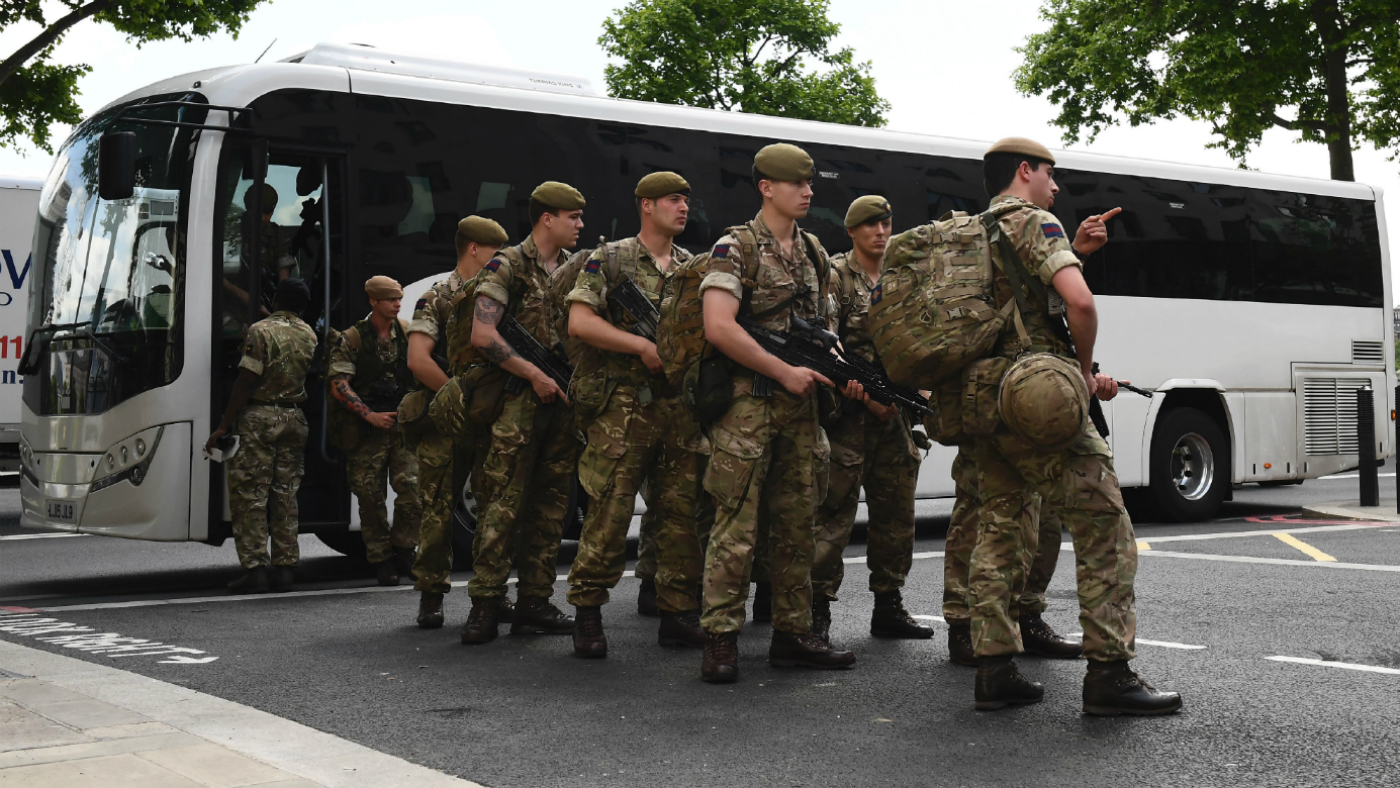
A free daily email with the biggest news stories of the day – and the best features from TheWeek.com
You are now subscribed
Your newsletter sign-up was successful
Theresa May has raised the risk of a terror attack in the UK from "severe" to "critical" in the wake of Tuesday's suicide bombing in Manchester, the first time in a decade it has been at the highest level.
The Prime Minister said the move warranted the deployment of armed forces in a response known in Whitehall as Operation Temperer.
What is Operation Temperer?
The Week
Escape your echo chamber. Get the facts behind the news, plus analysis from multiple perspectives.

Sign up for The Week's Free Newsletters
From our morning news briefing to a weekly Good News Newsletter, get the best of The Week delivered directly to your inbox.
From our morning news briefing to a weekly Good News Newsletter, get the best of The Week delivered directly to your inbox.
Introduced in 2015, Operation Temperer is a government security measure that allows up to 5,000 armed soldiers to be deployed on the streets to assist police in protecting against a terror attack.
The plan, which the Daily Telegraph says had been kept secret until it was accidentally leaked to a newspaper, means soldiers will take on the role of guarding sensitive locations, including railway stations, sports stadiums, entertainment venues and national landmarks. This will free up police resources, enabling armed police officers to watch other key sites.
May stressed that the military will be under the command of the police, who reportedly requested the support of the army.
For security reasons, details of the locations of deployments and infantry units involved have not been revealed. However, the Daily Mirror reports that selected infantry regimes across the UK have been assigned to a roster since September.
A free daily email with the biggest news stories of the day – and the best features from TheWeek.com
Has it been used before?
According to The Independent, this will be the first time Operation Temperer has been activated. However, both The Guardian and the Daily Mirror report the procedure was considered in the aftermath of last year's terrorist attacks in Brussels, with covert officers offering backup for a visible police presence at railway stations and airports.
This is not the first time military resources have been used in response to a terrorist threat. In February 2003, Tony Blair ordered the deployment of 400 troops and a number of armed vehicles at Heathrow airport over fears armed extremists were attempting to bring down an airline.
How long will Operation Temperer last?
While no time limit has been set, military figures have warned it may be difficult to justify pulling back armed troops from the streets without also lowering the terrorist threat level, says the Telegraph.
This will rest on the assessment of UK intelligence, including whether any accomplices of Salman Abedi, the suicide bomber behind Monday's attack, are identified and captured.
Since the system was introduced in 2006, the official terror threat has only been raised to critical twice: once in 2006, following a failed plot to blow up several planes leaving Heathrow airport, and then in 2007, when a car crammed with gas canisters was driven into Glasgow airport. On both occasions, the threat level was in place for a matter of days.
The Guardian says the government is extremely wary of the political impact of armed soldiers patrolling the streets and wants to use them for as short a time as possible.
A pragmatic response or an ignition of panic?
May said invoking Operation Temperer was a "proportionate and sensible response".
Her willingness to take action contrasts with the caution of her predecessor David Cameron, who was fearful of creating the impression that "the government had lost control and was imposing martial law", says the Telegraph.
-
 Ex-South Korean leader gets life sentence for insurrection
Ex-South Korean leader gets life sentence for insurrectionSpeed Read South Korean President Yoon Suk Yeol was sentenced to life in prison over his declaration of martial law in 2024
-
 At least 8 dead in California’s deadliest avalanche
At least 8 dead in California’s deadliest avalancheSpeed Read The avalanche near Lake Tahoe was the deadliest in modern California history and the worst in the US since 1981
-
 Political cartoons for February 19
Political cartoons for February 19Cartoons Thursday’s political cartoons include a suspicious package, a piece of the cake, and more
-
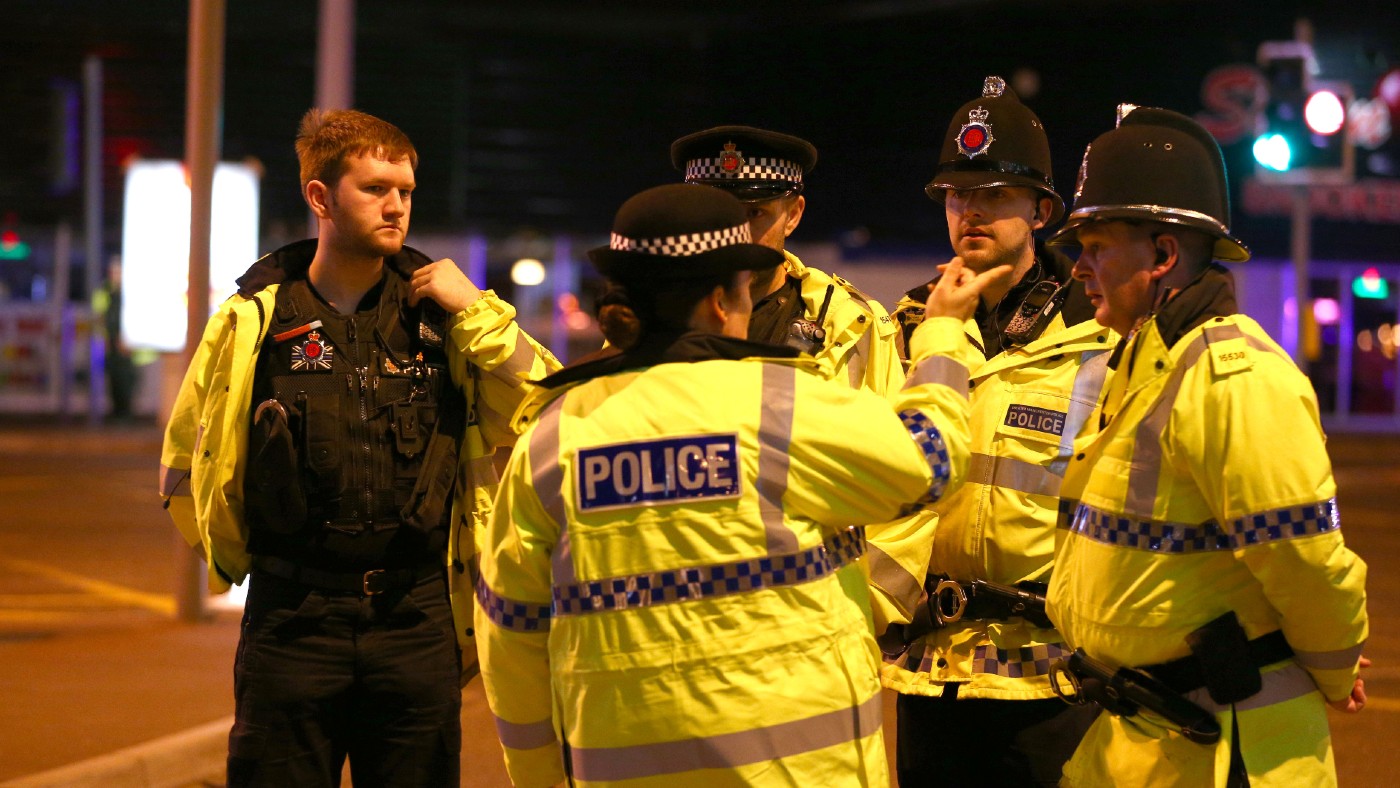 Manchester bombing report exposes ‘incompetence’
Manchester bombing report exposes ‘incompetence’Speed Read Newly published findings of public inquiry into 2017 attack describe a litany of failures
-
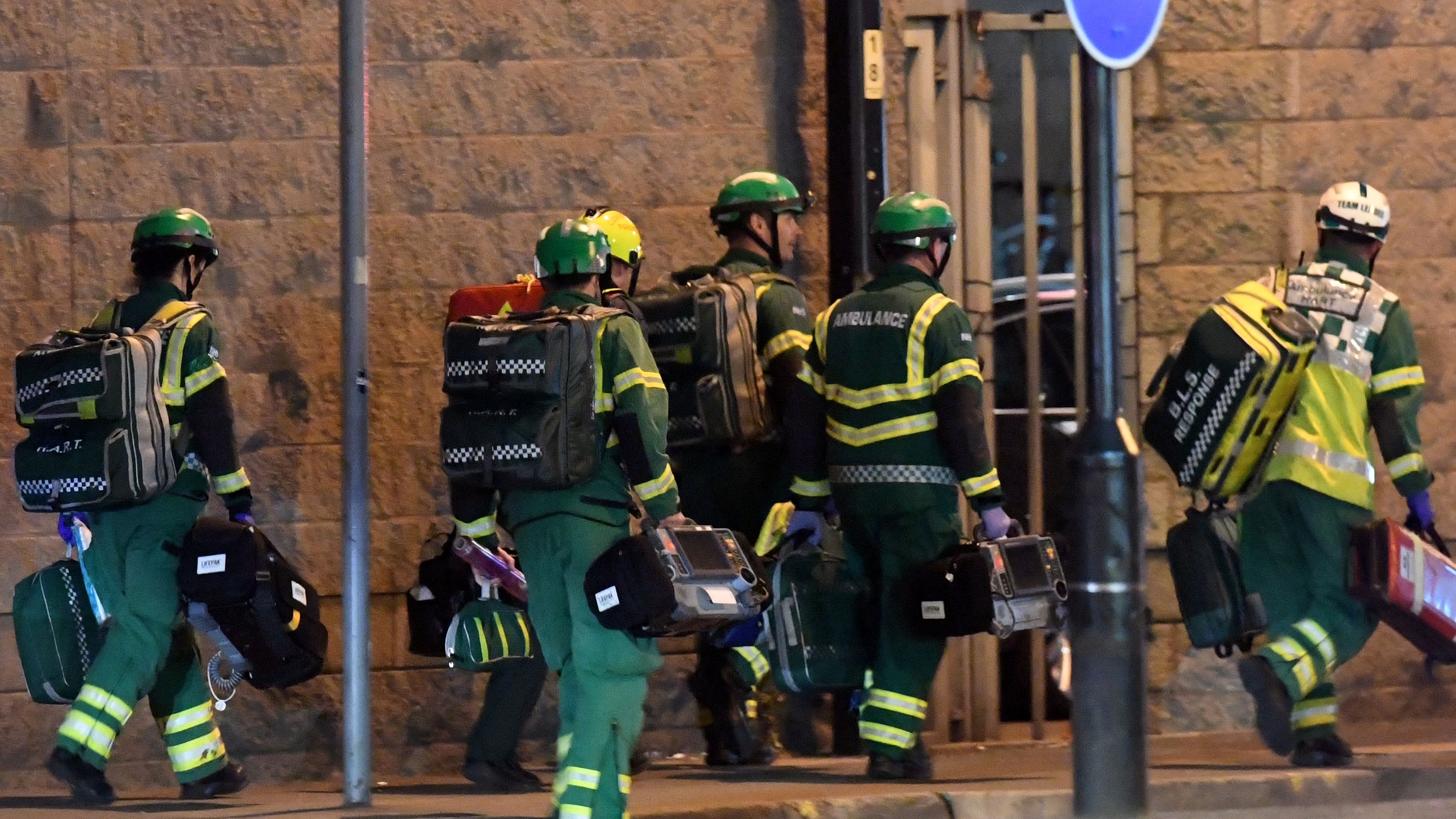 How police ‘missed opportunities’ to prevent Manchester Arena bombing
How police ‘missed opportunities’ to prevent Manchester Arena bombingIn the Spotlight Inquiry into terror attack that claimed 22 lives reveals litany of security failings
-
 Hashem Abedi: brother of Manchester Arena bomber extradited to UK
Hashem Abedi: brother of Manchester Arena bomber extradited to UKIn Depth Brother of Salman Abedi, who killed 22 concertgoers in Manchester, arrested on arrival
-
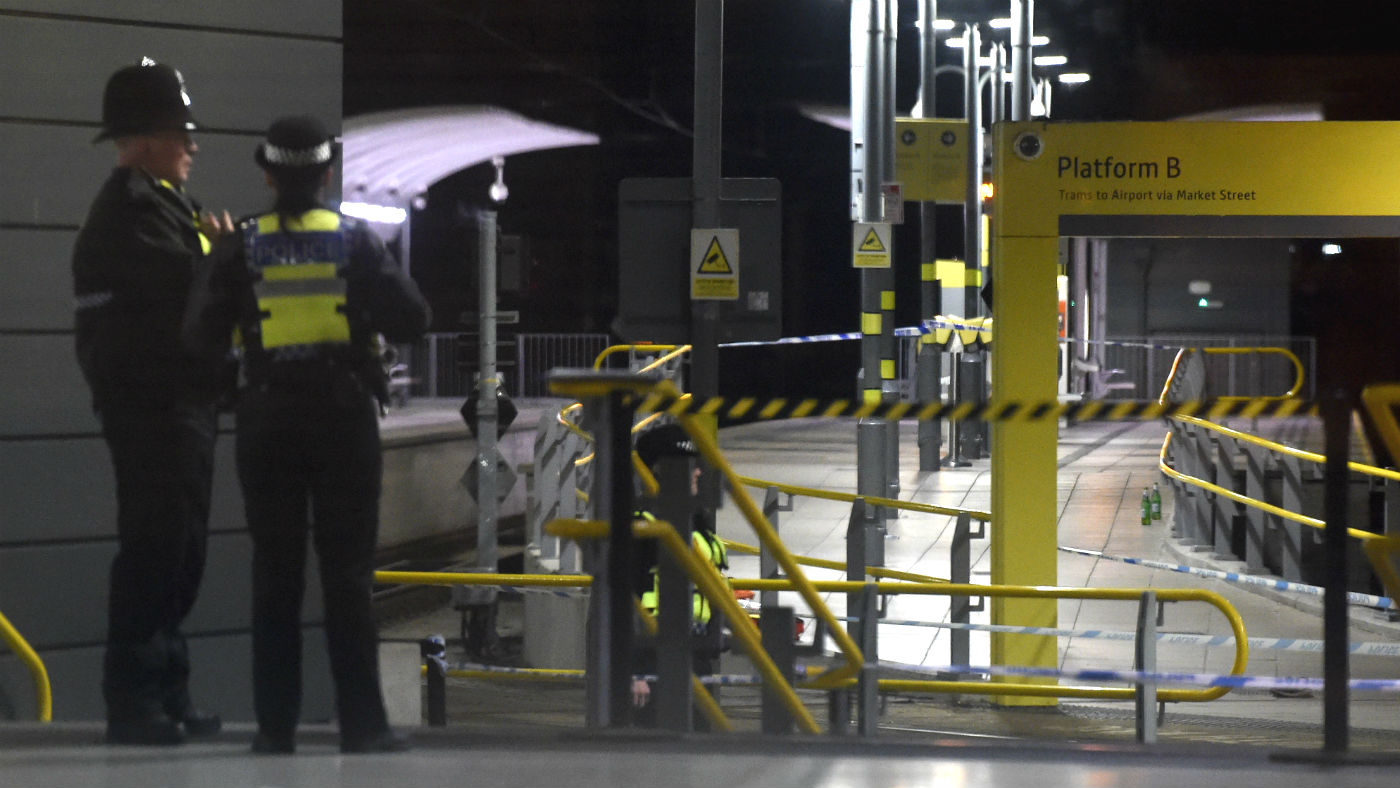 Manchester stabbing was ‘terror attack’
Manchester stabbing was ‘terror attack’Speed Read Man detained under mental health laws after three people injured in ‘frenzied’ knifing at city’s Victoria train station
-
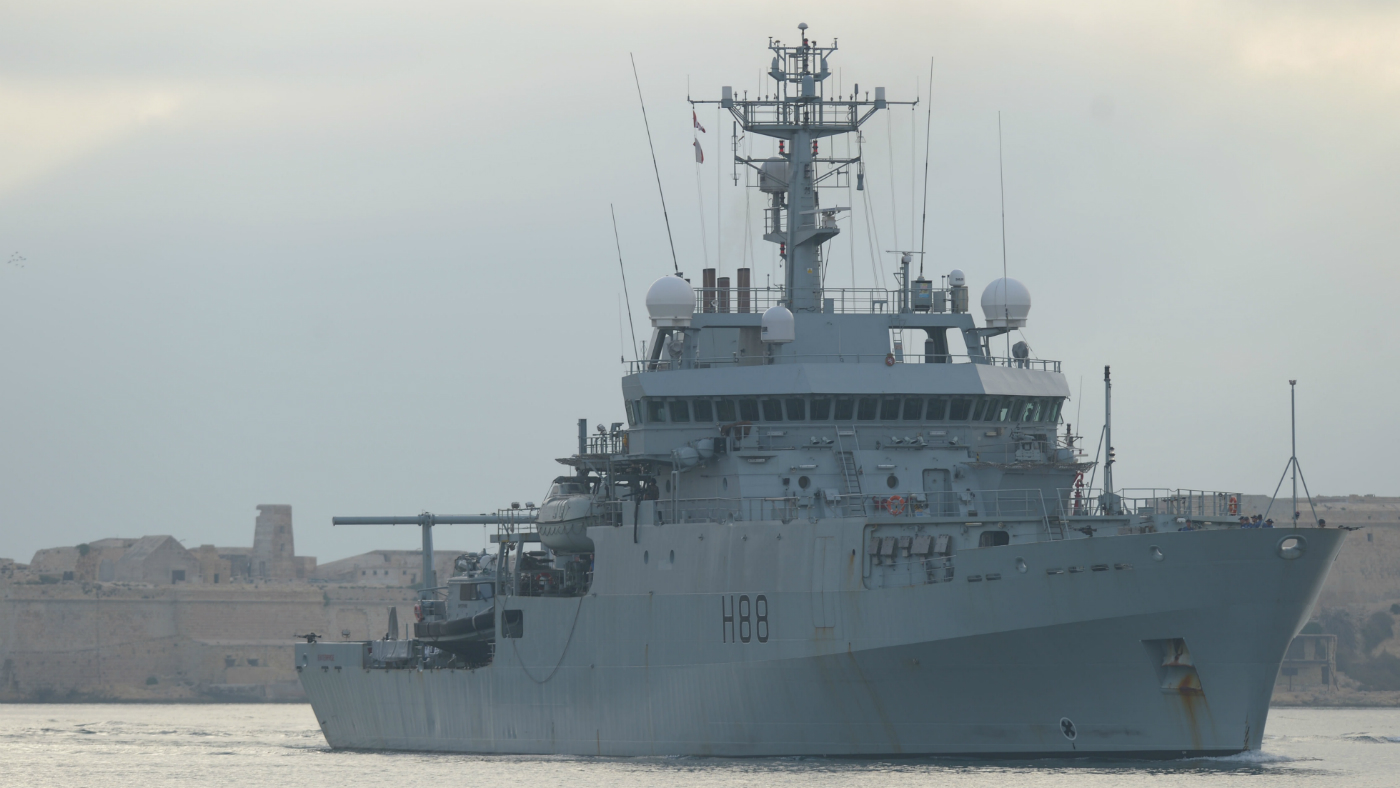 Salman Abedi: Manchester bomber rescued by Royal Navy prior to attack
Salman Abedi: Manchester bomber rescued by Royal Navy prior to attackSpeed Read Killer of 22 concertgoers was on holiday in Libya when violence erupted in 2014
-
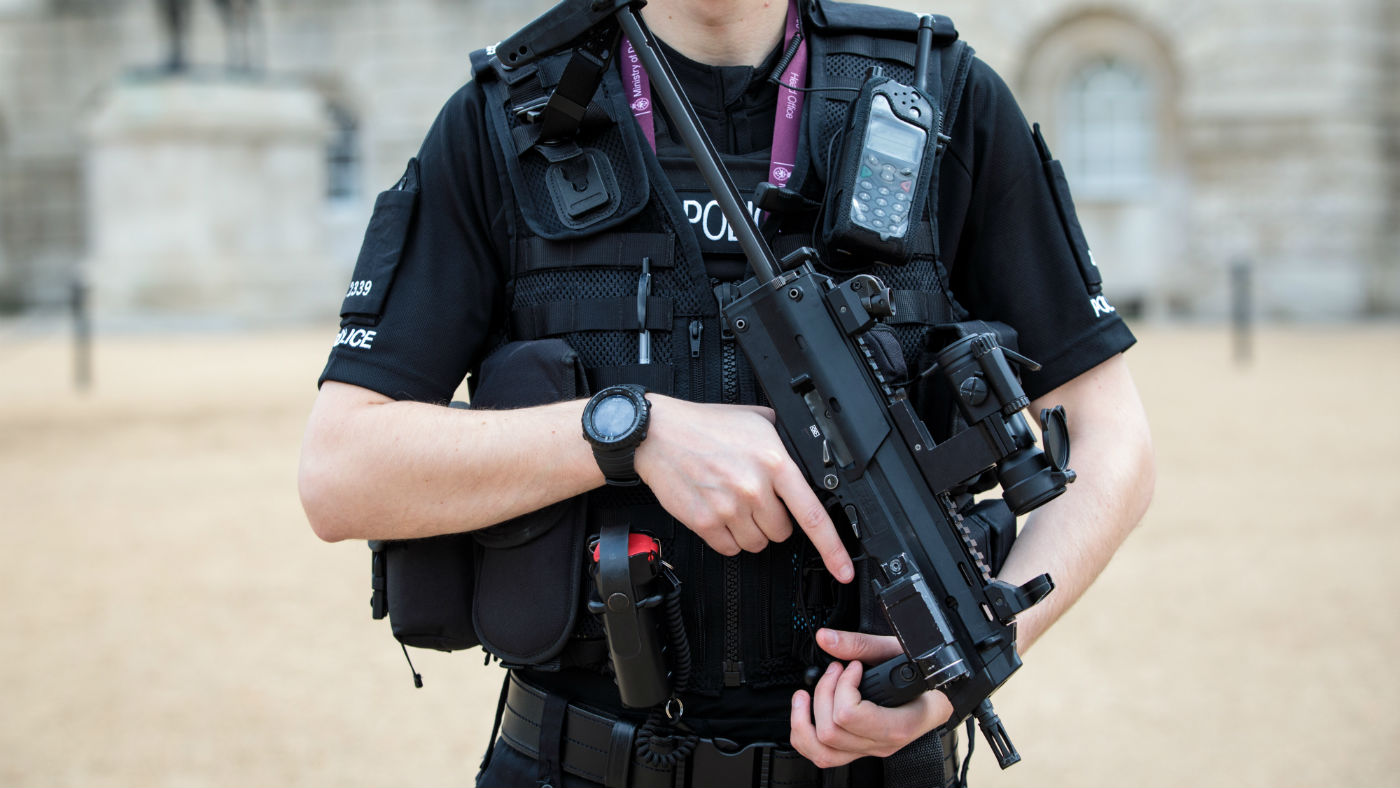 UK severe terror threat ‘will last two years’
UK severe terror threat ‘will last two years’Speed Read Sajid Javid is expected to unveil new counter-terrorism measures today
-
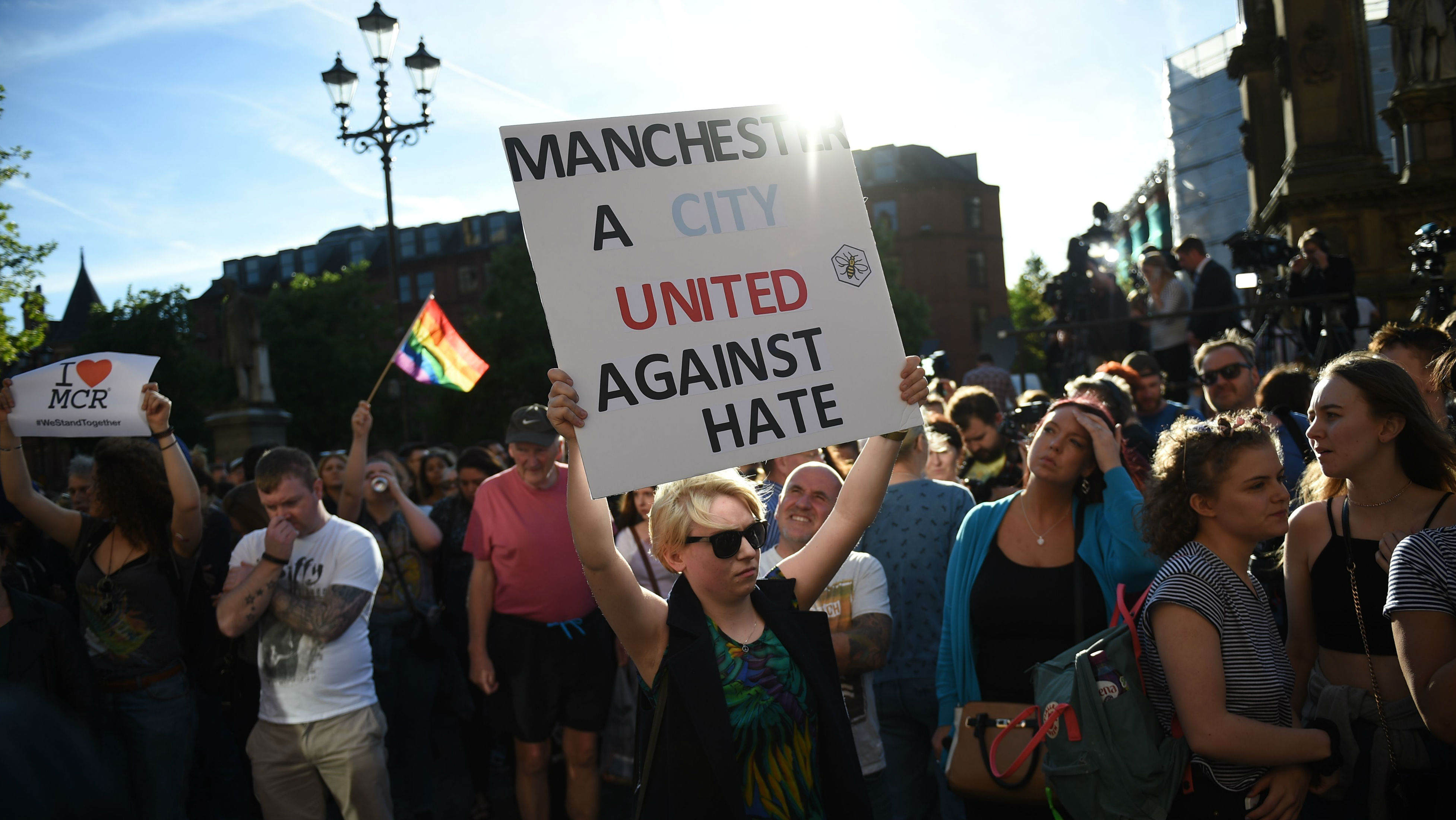 Manchester attack anniversary: the survivors one year on
Manchester attack anniversary: the survivors one year onIn Depth Children who witnessed bombing still suffering flashbacks and anxiety
-
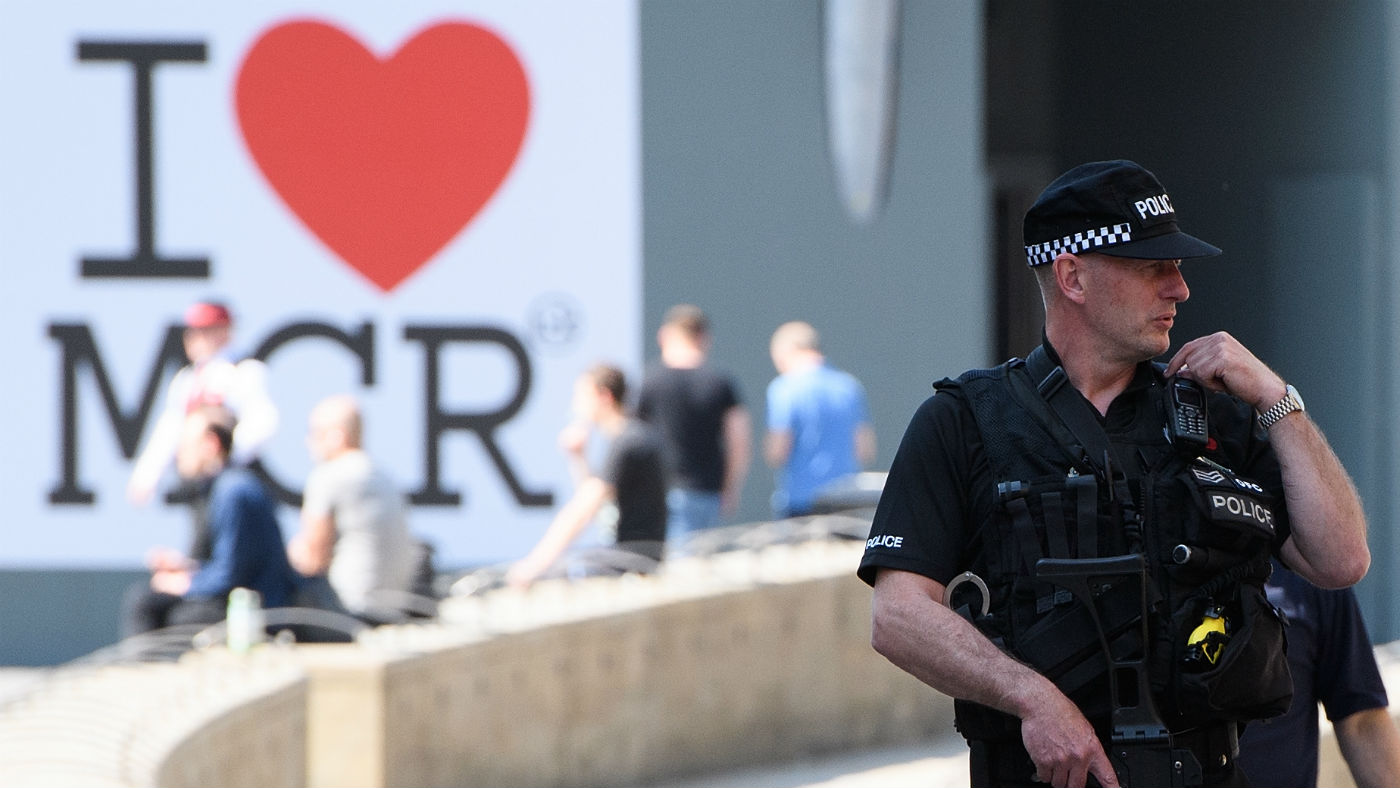 Manchester Arena bombing: report criticises fire service
Manchester Arena bombing: report criticises fire serviceSpeed Read Coroner’s inquest to decide if fire services delayed response could have saved lives